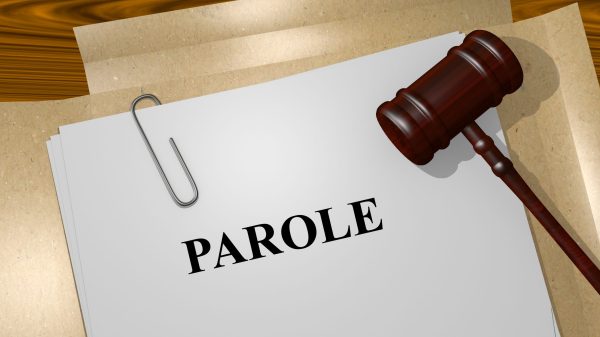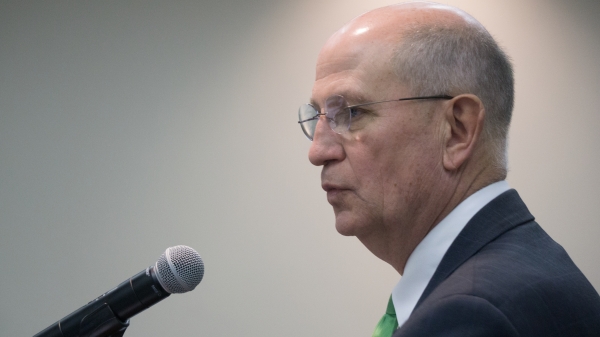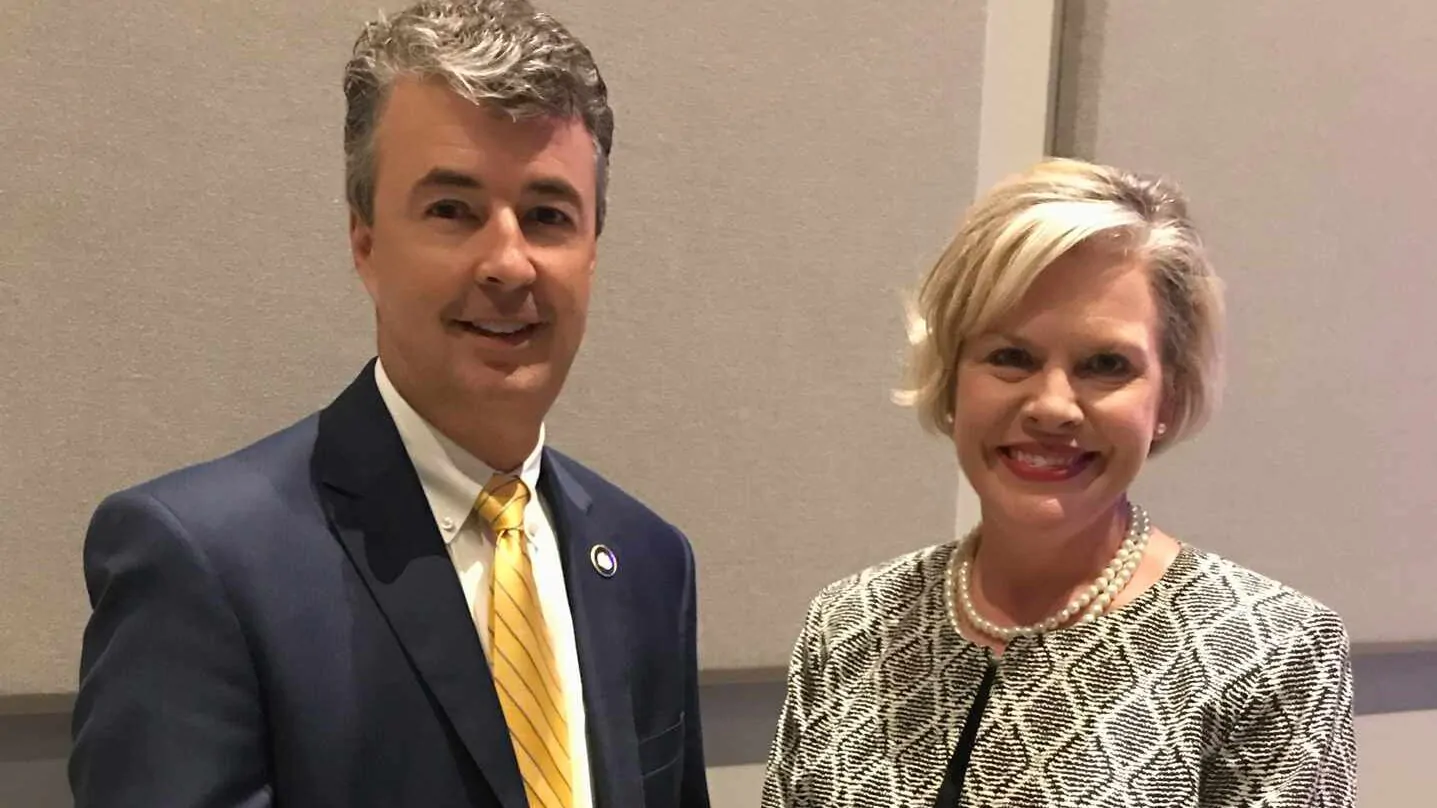Parole is not a favor. It’s not a loophole or a luxury. It is a vital, constitutionally authorized function of Alabama’s criminal justice system—no less important than sentencing, prosecution or incarceration. When properly administered, parole protects public safety, honors victims, encourages rehabilitation, and ensures the system remains just and sustainable.
But under Chair Leigh Gwathney, the Alabama Board of Pardons and Paroles has treated this responsibility like a political inconvenience.
In six years, Gwathney turned what should be a deliberative, legally guided process into a bureaucratic blockade—where second chances are routinely denied, risk assessments are ignored, and lawmakers are stonewalled when they ask basic questions.
Now, with her term expired, Attorney General Steve Marshall wants Governor Kay Ivey to reappoint her. Reappointing her wouldn’t just reward failure—it would entrench it.
Under Gwathney’s leadership, the board appears to have violated state law. Alabama Code § 15-22-26.2 requires the board to adopt validated parole guidelines and revise them every three years. Her board failed to meet that deadline for nearly two years. It wasn’t until lawmakers threatened to cut funding that the board finally acted. That’s not just mismanagement—it’s a breach of public trust.
Meanwhile, parole grant rates have plummeted to historic lows. In 2018, the rate was 53 percent. By 2023, under Gwathney, it had dropped to just 8 percent—the lowest in modern Alabama history. And even though the board’s own risk assessments recommended parole in more than 80 percent of cases, Gwathney and her colleagues followed those recommendations in only 10–20 percent of them.
That’s not justice. That’s politics.
It’s a betrayal of the very idea of rehabilitation. And it creates absurd, contradictory outcomes that should shame any state official willing to look.
Today in Alabama, we have incarcerated people—nonviolent offenders—who are trusted enough to mop hospital floors, prepare meals in fast food restaurants, and sweep our public buildings through state-run work release programs. These men and women go to work in your community every single day. They clock in. They have supervisors. They interact with strangers. But when they come up for parole, the state declares they are too dangerous to live among us.
We trust them to serve food to your children—but not to tuck in their own.
How does that make sense?
It doesn’t. One man in a state work-release program served customers at a fast-food drive-thru six days a week—but when his parole hearing came, the board denied him without explanation. His file matched every guideline for release. But like hundreds of others, he was left in limbo, punished not for a new crime but for trying to move forward.
State Representative Chris England put it plainly: “If there is a checklist out there for what is necessary to lose your job, I believe Leigh Gwathney hit every one of them.” Senator Clyde Chambliss added, “When a state entity does not follow state law… the power of the purse is really about the only tool that we have.”
That’s why the Legislature tied funding for the board to the completion of overdue guidelines and introduced legislation to expand the board, require written explanations when guidelines are ignored, and bring accountability to a system that has long operated in darkness.
Parole isn’t some modern indulgence—it’s a time-tested, justice-centered tool that dates back over a century. Designed to balance rehabilitation and public safety, parole rewards progress and provides supervision during reentry. Ignoring this function—as Gwathney’s board has repeatedly done—isn’t just irresponsible. It breaks faith with a system that was built not to crush people, but to offer a path forward.
You cannot simply ignore one part of the criminal justice system and expect the rest to function properly. When parole is politicized, delayed or denied without cause, it creates a logjam that backs up courts, overcrowds prisons, demoralizes those trying to rehabilitate, and drives up costs for taxpayers. Justice must function as a whole—or it starts to fail in every part.
As prison reformer Sir Walter Crofton said in the 19th century, “The hope of release is the beginning of reform.” That hope is what parole was built on. When it’s denied arbitrarily, reform becomes a lie.
And that system, for all its flaws, is built on a principle that predates political ambition: that people can change, and that a society is stronger when it makes room for redemption.
By law, the nominating process is private—Lieutenant Governor Will Ainsworth, Senate President Pro Tem Garlan Gudger and House Speaker Nathaniel Ledbetter have quietly submitted names to the governor. The public won’t know who is in the running, and Ivey will make the final decision.
She can choose to reset this broken system—or she can resurrect the person most responsible for breaking it.
This isn’t just about numbers. It’s about values. It’s about whether we still believe in rehabilitation, fairness and the rule of law—or whether we’ve surrendered those principles to fear and political theater.
Alabama can’t afford six more years of injustice. Governor Ivey, do not bring Leigh Gwathney back.
















































